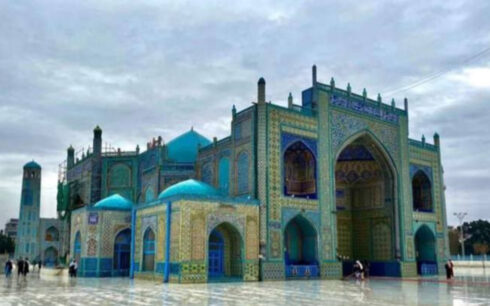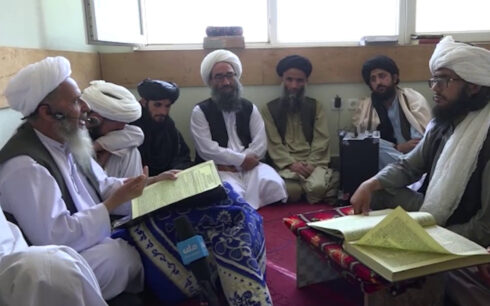KABUL, Afghanistan — Taliban have reassigned their several senior officials to new provincial and departmental posts, continuing a pattern of internal reshuffling that has marked their governance since returning to power in August 2021.
In a new decree issued by Taliban leader Hibatullah Akhundzada, six Taliban officials — including governors, security commanders, and department heads — were moved to new roles across the country, according to Taliban-run media.
Under the decree, Sher Mohammad Sharif, previously Taliban director general of border police at the Ministry of Interior, has been appointed Taliban governor of Zabul province.
Hezbollah Afghan, Taliban former governor of Zabul, has been named Taliban director general of border police at the Ministry of Interior.
Jan Mohammad Hamza, previously a Taliban security commander, has been appointed Taliban director of agriculture, irrigation, and livestock in Kabul.
Saifullah, the former Taliban intelligence chief in Sar-e-Pul, has been assigned as commissioner of the Hairatan Port Township in Balkh province.
Obaidullah, previously Taliban director of agriculture in Kabul, has been appointed head of the Taliban’s Department of Promotion of Virtue and Prevention of Vice in Balkh.
Hussainullah Zahid, formerly the Taliban commissioner at Hairatan Port, has been appointed Taliban district governor of Aqcha in Jawzjan province.
Since their takeover in August 2021, the Taliban’s governance strategy has largely involved reassigning loyalists from one post to another rather than bringing in external professionals or technocrats.
Critics inside Afghanistan have sharply condemned the Taliban’s approach, accusing them of monopolizing government offices and public institutions by appointing only their own members — many of whom, they argue, lack the professional qualifications and administrative experience needed to manage critical sectors.
Citizens also argue that amid Afghanistan’s deepening economic crisis, the Taliban’s closed-circle appointments have worsened unemployment, contributed to rising poverty, and undermined public trust in government institutions.
Despite domestic and international criticism, the Taliban leadership has shown little willingness to open government positions to broader segments of Afghan society or to form an inclusive administration.





